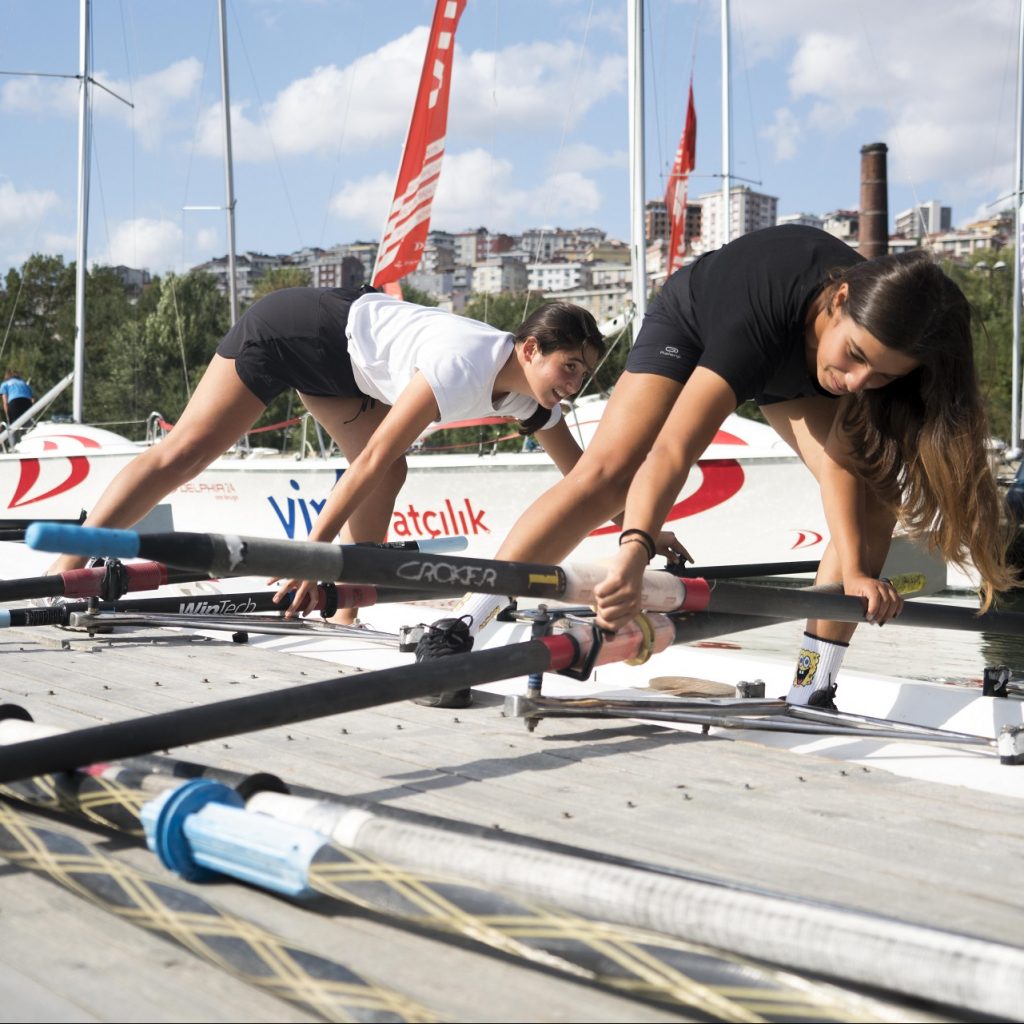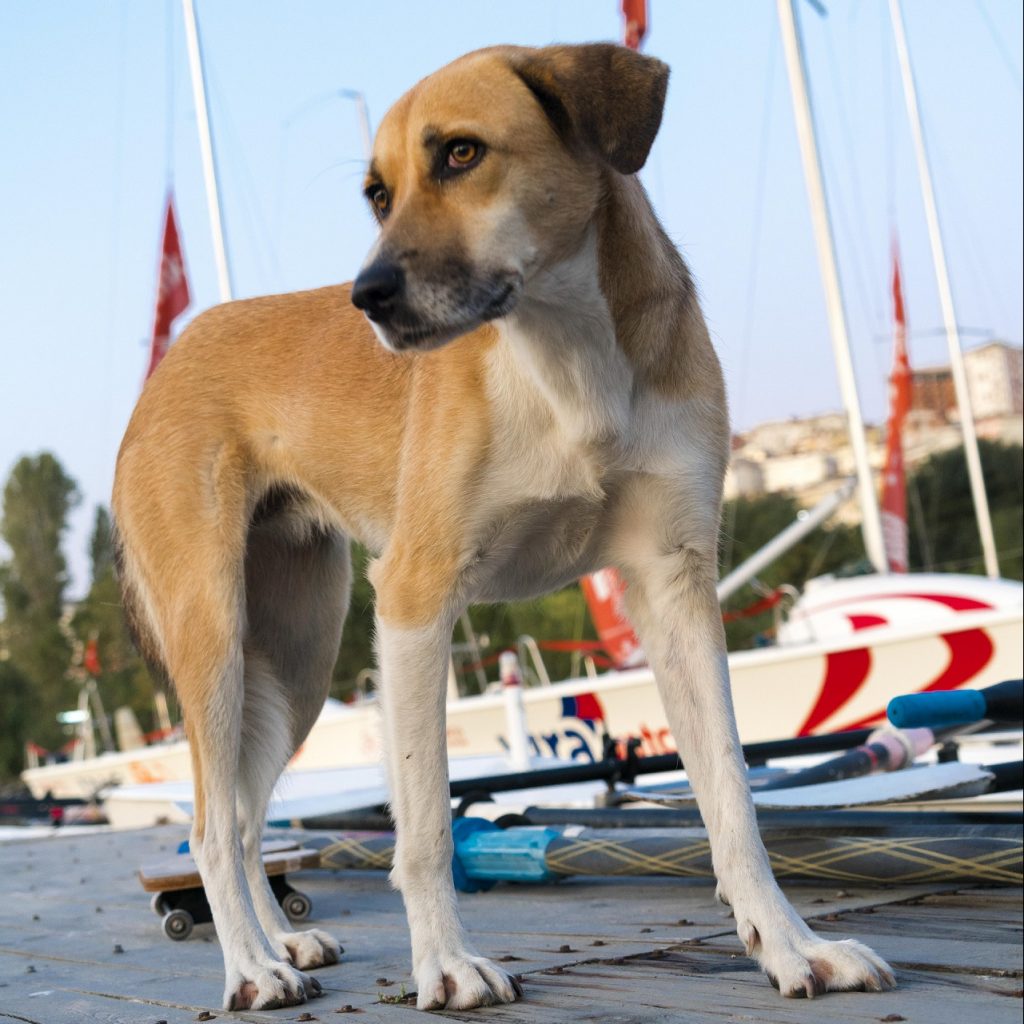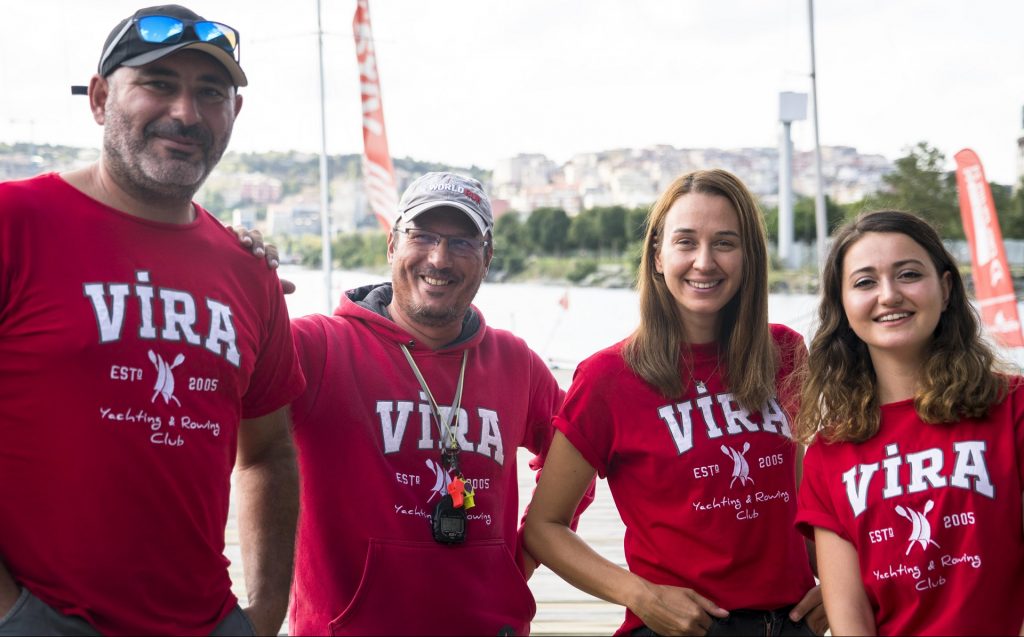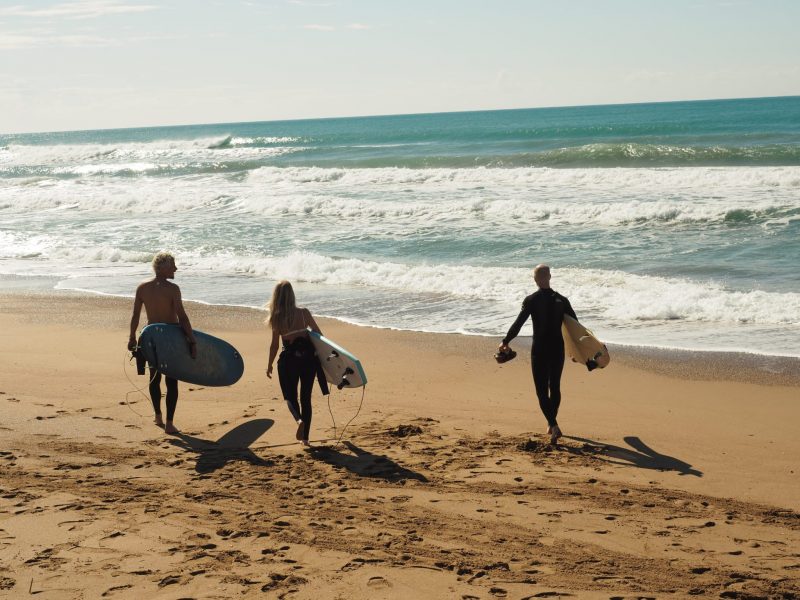Rowing in Istanbul
Istanbul is a city surrounded by water, but Istanbullus do not take advantage of this natural gift as much as they should. Haliç or Golden Horn, is one of those water reservoirs where you could see an aquatic culture is proliferating. We visited Vira Rowing Club to see how the addicts of rowing in Istanbul start each day.
Istanbul is strange. It is a city that allows you to have a truly special relationship of love and hate. Sometimes you open the ornate iron gates of a historic cemetery and you are suddenly in a bubble out of time. The urban fabric offers many surprising little vacuums like this, where you could side-step the daily hustle and bustle, and all the troubles of a modern city. Haliç is one of them. This little water inlet, separating the Old City from the relatively new Genoese and European colonies of Galata and Pera, was the reason why Istanbul was settled here after all!
We, Istanbullus, do not normally navigate the murky waters of Haliç. We had long forgotten to do that, as Haliç had become the center of industrial production from the 1800s. And it had morphed into a thick brown soup that people held their breath if they had to approach. It is a striking contrast to the depictions of Ottoman chronicles, though, who tells us how the banks of Haliç were a piece of heaven, where the Ottoman royalty indulged in earthly pleasures like garden parties and cultivating elegant flowers that made Europeans “tulipmaniac”. Then there was a dark gap, during which the city dwellers almost completely forgot about this waterway.
SECOND CHANCE FOR THE GOLDEN HORN
After Haliç was rehabilitated by the Central Municipality in the 80s and became as clear (if not as blue) as Mayor Bedrettin Dalan’s eyes, people started to come back slowly. So did the rowers. Today, there are about 5 boathouses along Haliç, some of which belonging to the rowing clubs of universities, while others to smaller regional sports clubs. We do not only see licensed rowers coming to Haliç for a daily workout, but also recreational rowers who drop by at the dusk to row for about an hour before getting into their office routine. I joined them one of these mornings, when Yalçın Özcan (the founder of Vira Rowing Club) introduced me to this special way of living. The club’s boathouse is located inside the campus of Bilgi University, at a spot where the rivers of Alibeyköy and Kağıthane meet to form Haliç. This spot was once where the boats delivered coal to historic Silahtarağa Electricity Central that served the city up until 1983. The office buildings assembled from containers have a nice industrial aesthetic, while the deck cafe overlooking the pier seems to be a popular pastime spot for the students on the campus as well.
Murat İlker, one of the members of Vira Rowing, is having his morning coffee after a one-hour workout on the water before going to work, and says “rowers have a love and hate relationship with ergometers”, the rowing machines that are lined up under a pergola on the deck for the winter-time workout. Ergometers do not lie and tell you the bare truth about how good your performance actually is. He lives at Şişhane, and comes down to this shore just in 10-15 minutes, 6 days a week. He cannot move outside the periphery of the boathouse, due to his dedication to this sport. As he goes off to work, a cheerful gang of young school girls is getting ready to get down on water for practicing before the national races to be held next weekend on Sapanca Lake. We accompany the rowers on a dinghy, though. Like Thames of London, Golden Horn resembles a gallery displaying the city’s architectural gems.


ROWING AS YOUR NEW HOBBY?
Trainer Yalçın Özcan tells me how he was hooked by rowing in Haliç, while we are passing by the cemetery of Eyüp, the old Greek neighborhoods of Fener and Balat, the giant cement legs of bridges spanning Haliç, the historical walls of Constantinople, and the bluish-grey silhouettes of domes and minarets of imperial mosques. It all started when he saved an old rowing boat from the trash -literally- to start rowing at Alibeyköy Dam. Then he discovered that the sweet waters of Haliç were more suitable for the sport, and convinced the historical Hasköy Club to open a boathouse here (which later continued to operate as Altınboynuz Rowing Club). He continued rowing here, until he founded his own club Vira in Bilgi University campus. Today, there is considerable traffic of rowers, rubbing shoulders with commuter boats every day, early in the morning.

Vira Rowing Club is one of the best places for rowing in Istanbul and offers boats to reserve for hourly lots during the day. You need to complete their 8-hour training, though, before getting down on the water. It seemed like a good idea to me, as rowing on the Golden Horn is not only a good work-out and pastime activity, but also a way of staying sane in a crazy city like Istanbul.
 English
English








